The ruling Zanu-PF party has escalated efforts to amend Zimbabwe's Constitution to allow President Emmerson Mnangagwa to remain in office beyond his current term, with senior party officials openly rallying supporters behind the proposal during a meeting in Highfield, Harare, on Tuesday.
The campaign - which marks a significant political manoeuvre - was outlined during a Zanu-PF conference feedback meeting, where provincial, central committee and politburo members pressed for constitutional changes that would extend Mnangagwa's leadership to at least 2030.
Harare provincial chairperson Godwills Masimirembwa told party supporters that Parliament should initiate the constitutional amendment process in line with resolutions adopted at the recent Zanu-PF Annual National People's Conference.
"According to the conference's resolution number one, I was telling the masses that President Mnangagwa's term should be extended and that Parliament should change the Constitution," Masimirembwa said. "We cannot afford to lose the momentum of our development agenda by changing leadership now."
Politburo member Omega Hungwe framed the planned amendment as a test of loyalty for Harare residents, who have consistently voted for the opposition for more than two decades.
"In the event of a referendum, Harare residents should not sell out by voting ‘No' to the extension," she said.
Businessman and central committee member Kudakwashe Tagwirei added his voice, arguing that leadership continuity was essential. "President Mnangagwa should continue leading us because we can't change a scoring striker," he said.
For Mnangagwa to remain in power beyond 2028, Zanu-PF must navigate a complex constitutional process.
Zimbabwe's 2013 Constitution limits presidents to two five-year terms. Mnangagwa, who secured his first term in 2018 after the military-assisted ouster of the late Robert Mugabe, is currently serving his second and final term.
The Constitution also states that an incumbent president cannot benefit from amendments that alter term limits - a clause designed to prevent leaders from extending their rule. Altering this provision would require both parliamentary approval and a national referendum.
With its two-thirds majority in both the National Assembly and Senate, Zanu-PF is well-positioned to pass an amendment Bill. However, the final hurdle - a nationwide referendum - presents political and procedural challenges, amid fears that voters may be pressured to approve the changes.
Political analyst Pardon Taodzera said the ruling party's intentions were no longer speculative.
"This is no longer a behind-the-scenes discussion; it is now official party mobilisation rhetoric," Taodzera said. "Zanu-PF is testing the waters and simultaneously preparing its supporters for a major political battle. They are aware of the constitutional hurdles, hence the early start to galvanise their base and frame the narrative as one of necessary continuity versus chaos."
Legal expert Arnold Humanikwa warned that the proposed amendment raises profound constitutional and democratic concerns.
"While the procedure for amendment is clear in the Constitution, the substance of this particular change raises profound democratic questions," Humanikwa said. "The presidential term limit was a hard-fought provision to prevent the perpetuation of executive power. Any attempt to remove it must be scrutinised not just for its legality, but for its conformity with the principles of democratic governance that underpin our supreme law."
Term limits were introduced in the 2013 Constitution after years of public frustration under Mugabe, who governed Zimbabwe for nearly four decades. Mnangagwa, who rose to power after Mugabe's removal, had promised a new era of democratic governance - but critics say he has instead tightened his grip on power.
- Newsday
 Signed, sealed, and delivered US$1 billion
Signed, sealed, and delivered US$1 billion  SA media reporting on Eskom is racist
SA media reporting on Eskom is racist  Millions celebrate Diwali festival in India
Millions celebrate Diwali festival in India  SA bitcoin firm mulls Zimbabwe listing
SA bitcoin firm mulls Zimbabwe listing  Gold edges up as traders await guidance
Gold edges up as traders await guidance  Airlink applies for Lanseria to Harare, Bulawayo route
Airlink applies for Lanseria to Harare, Bulawayo route  Young Investment Professional (YIP) Graduate Programme 2019
Young Investment Professional (YIP) Graduate Programme 2019 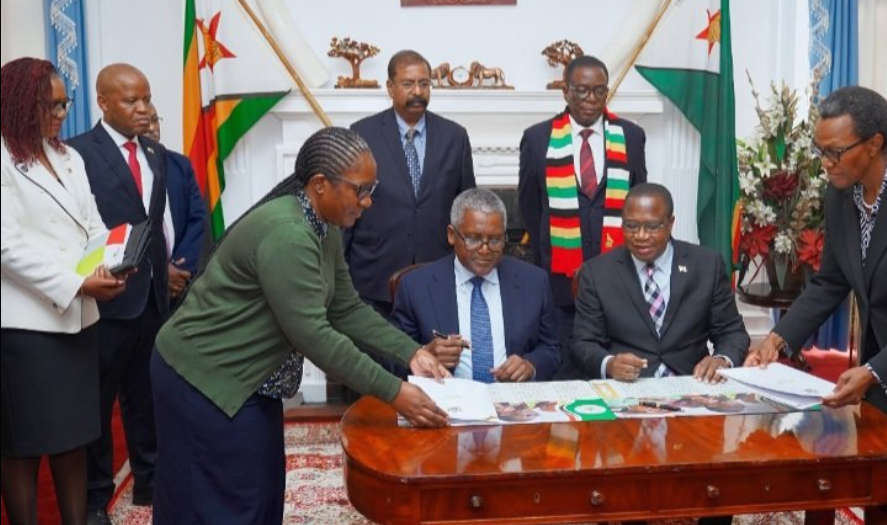
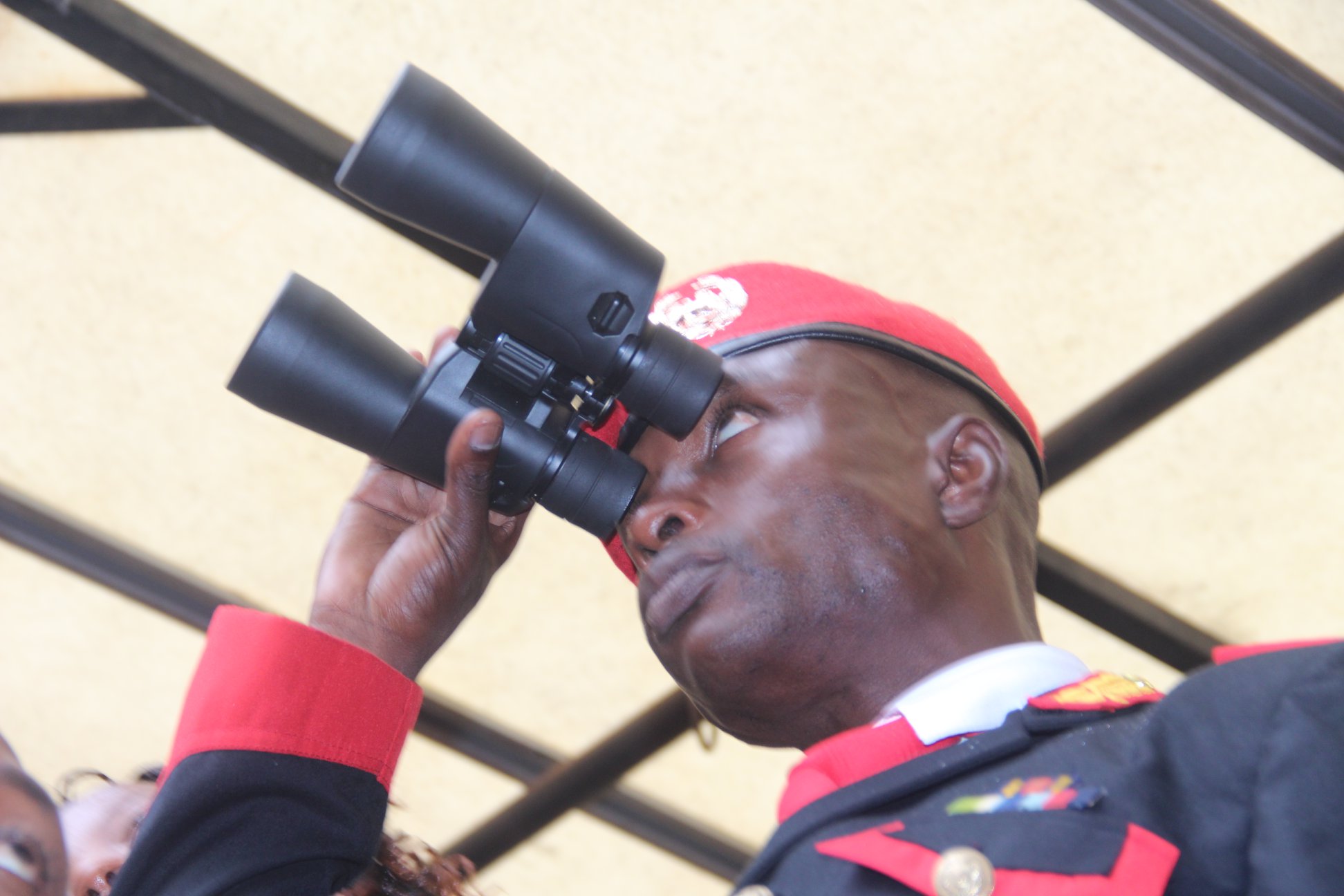

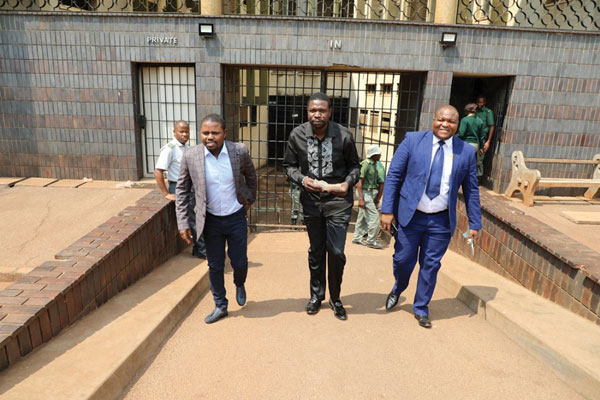
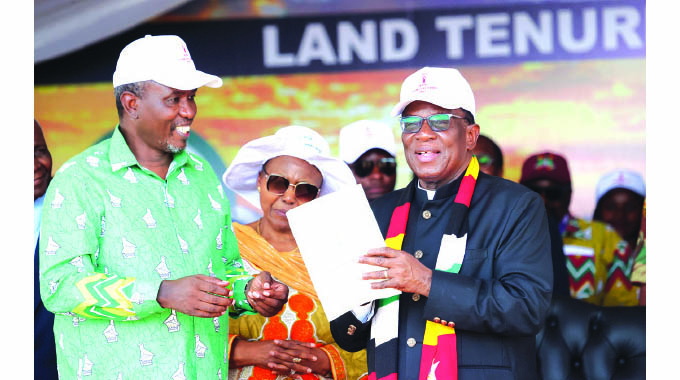

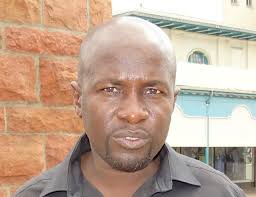
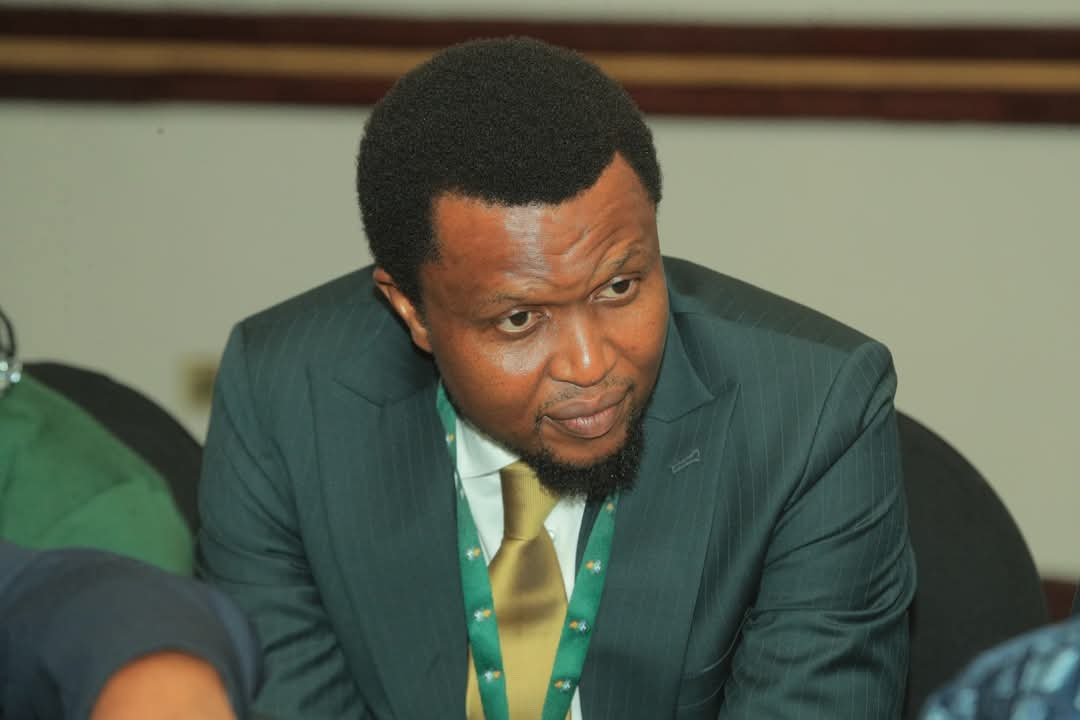
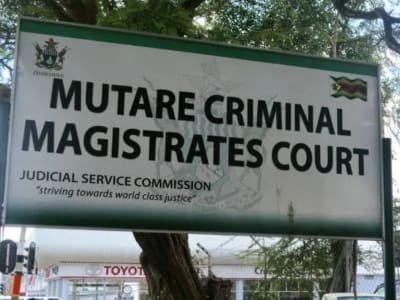


 Young Investment Professional (YIP) Graduate Programme 2019
Young Investment Professional (YIP) Graduate Programme 2019
Editor's Pick